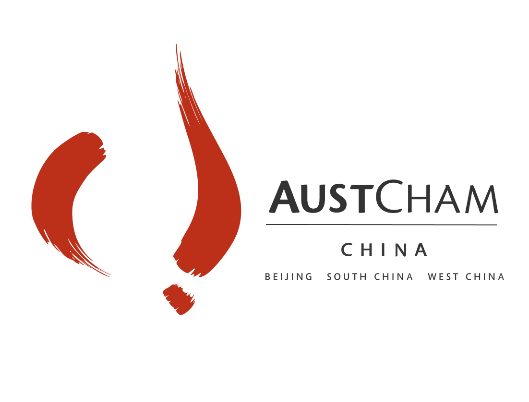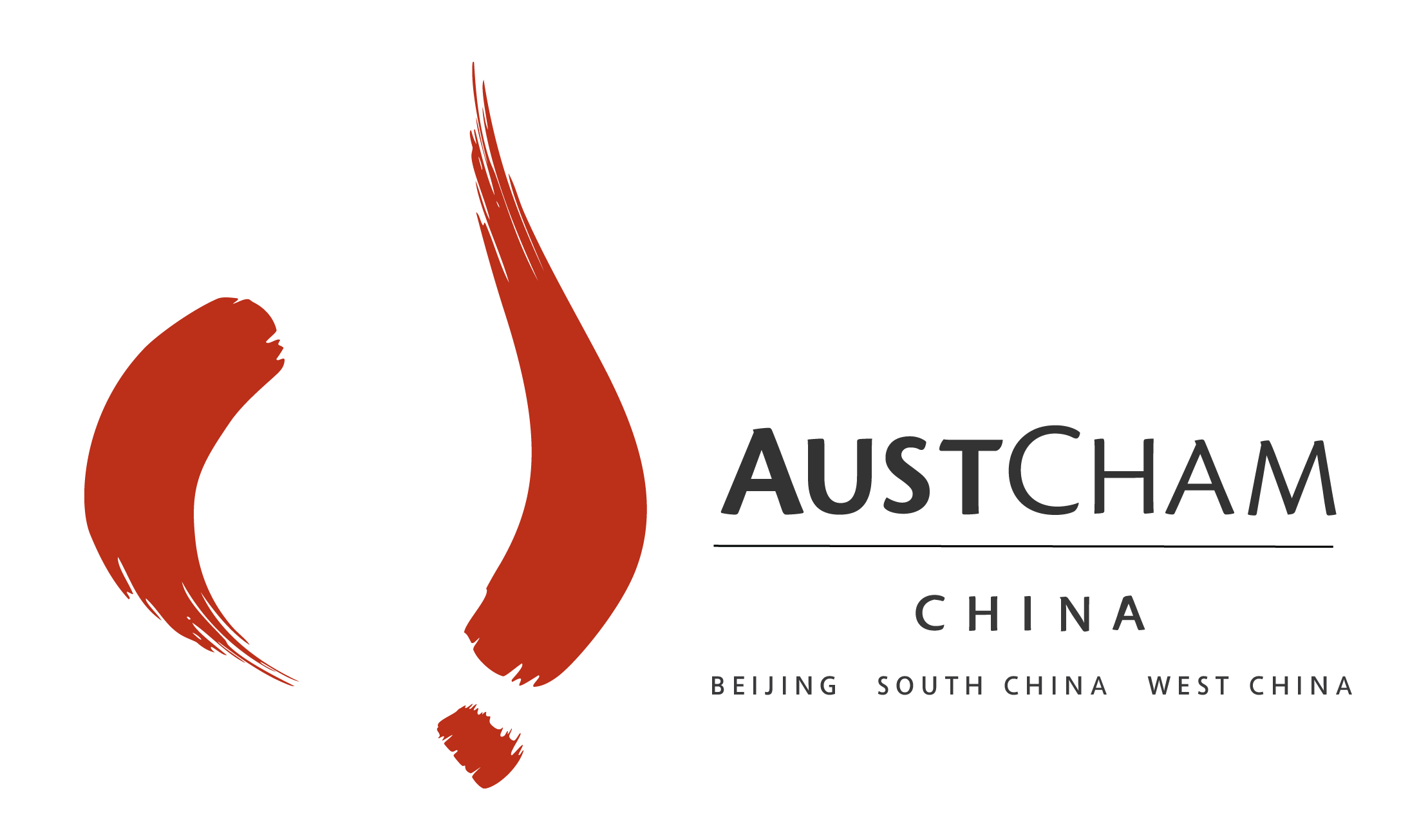On 17 June, Vaughn Barber, Chair of the China-Australia Chamber of Commerce (AustCham China), spoke with 21st Century Business Herald in Beijing, affirming that despite rising global trade tensions, particularly following new U.S. tariff hikes, Australia remains firmly committed to deepening economic ties with China.
Barber emphasized that U.S. protectionist policies, including proposed increases in steel and aluminium tariffs, risk disrupting global supply chains and increasing uncertainty, which is unfavourable for Australian firms. However, he noted these disruptions may also open new opportunities for Australian agriculture and food exporters as Chinese importers seek alternatives.
Reflecting on AustCham’s newly released 2025 Doing Business in China report, Barber highlighted that nearly 70% of surveyed Australian businesses consider China a top-three investment destination for the next three years. In 2024, over 75% of foreign companies in China reported profitability, with more than half seeing revenue growth and nearly half increasing their local investment.
He credited the China-Australia Free Trade Agreement (ChAFTA), now in its 10th year, for fostering bilateral trade resilience and boosting two-way flows from A$145 billion in 2015 to an estimated A$325 billion in 2025. Barber called for renewed focus on high-value cooperation in emerging sectors including clean energy, critical minerals, biotechnology, and medical devices, areas where both countries’ strengths align.
The interview also underscored the shifting approach of Australian companies, many of whom are now localizing operations, deepening partnerships, and expanding into new regions such as Shenzhen, Hangzhou, Chengdu, and Hainan. Firms are increasingly prioritizing government affairs, regulatory engagement, and long-term positioning.
Commenting on China’s growing middle class and demand for high-quality goods, Barber noted strong potential for Australian red meat, wine, and premium food exports. He also spotlighted Chinese electric vehicles and renewable energy technologies as areas ripe for bilateral collaboration, noting Australia’s openness to welcoming Chinese EVs and investment under its “Future Made in Australia” initiative.
Barber expressed optimism about the upcoming 2025 Prime Ministers’ Meeting, calling it a signal of renewed trust that could lead to greater policy clarity and sustained business confidence. “The risk is not in cooperating with China,” he said. “The risk is in not doing so.”
Read the full interview with 21st Century Business Herald [link] to explore how Australian businesses are adapting to global challenges while doubling down on opportunities in China’s dynamic market.


